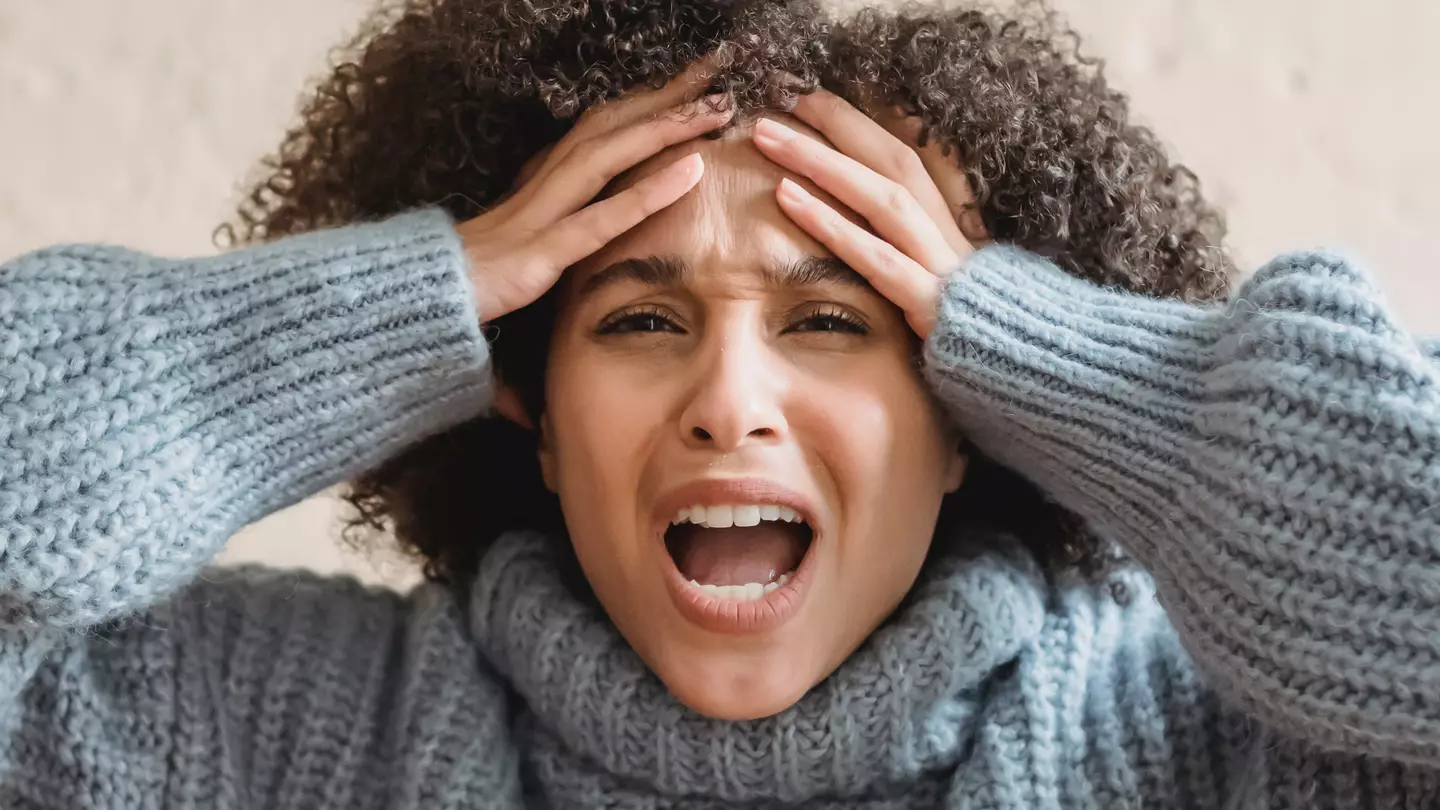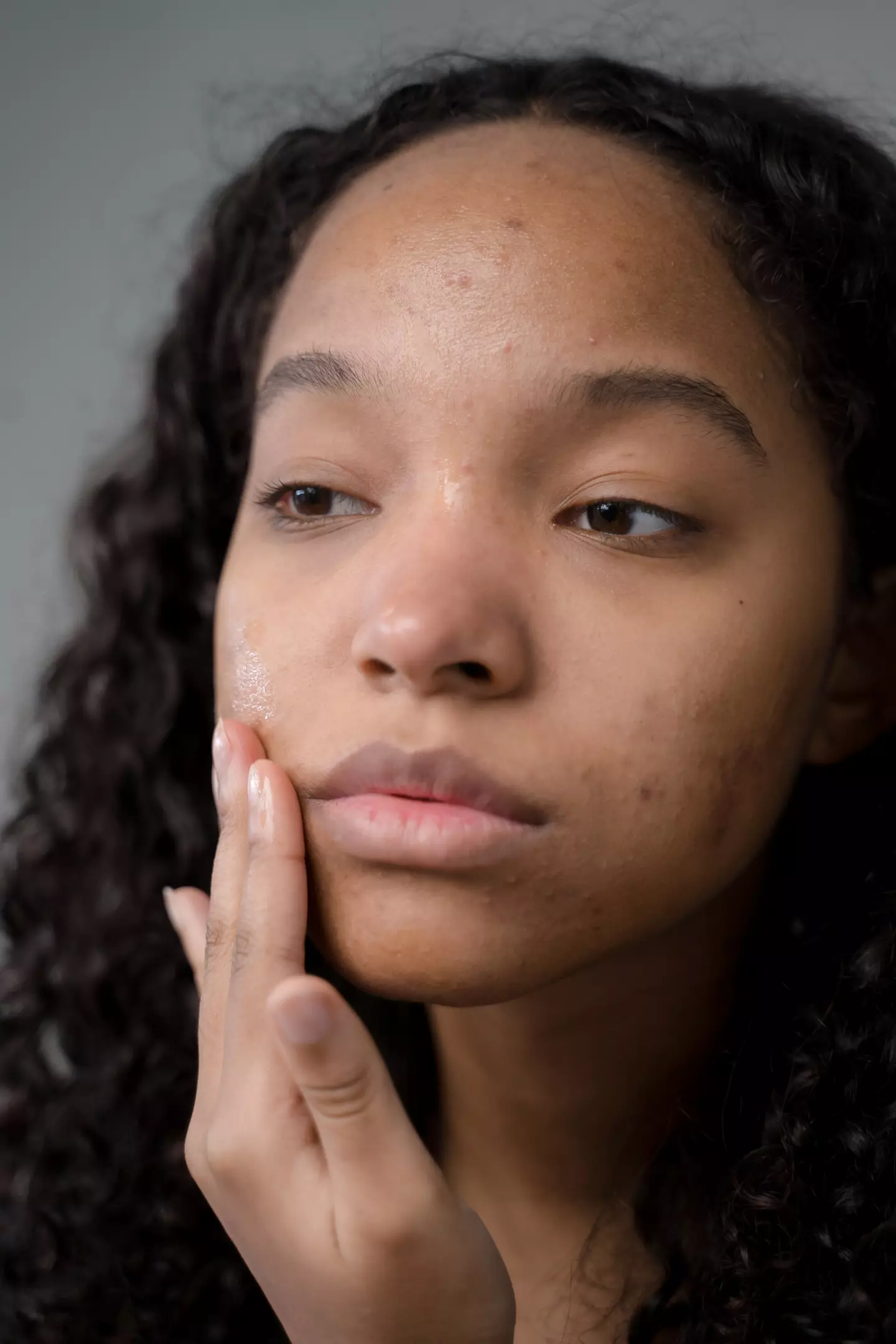
If you’ve been on Twitter recently, then you might have seen women sharing a recent discovery. That’s right, puberty is not just limited to your teenage years, lots of people experience something called a “second puberty”.
One woman tweeted how she had struggled to come to terms with the realisation: “I didn't even know about second puberty until earlier this year and realised that's when most of my mental health issues reared their ugly heads. Then my body went "hey, we're going to make some changes, your skin and boobs will never be the same, bye"”.
Another woman talked about coming to terms with the change that is usually reported to happen in your twenties: “I need to realize that I’m 25 and I’m not going to have my highschool /college body anymore. I am over here going through a second puberty and EVERYTHING is growing and I would like for it to stop. Why didn’t I know this was a thing.

This woman shared how it had been a difficult thing in terms of body image: “You hit like a “second puberty” in your early 20s and I didn’t know that? and I have really been struggling with it. so many of my clothes no longer fit, I can’t eat like I used to because my metabolism isn’t the same, it’s just a lot idk”.
Advert
With a lot of women coming across this phenomenon and struggling with it as well, Tyla spoke to Hormone Expert, Dr Martin Kinsella, about what a second puberty is and what it involves.
What does puberty involve?
First thing’s first, a quick trip back to our teenage years and a reminder about puberty itself and the actual processes behind it.
Dr Martin explains: “Puberty is the stage of your life that usually happens in the teenage years when you go from a child to an adult.
Advert
"It’s when the brain releases a gonadotropin-releasing hormone and when this reaches the pituitary gland the gland releases two more hormones into the bloodstream – luteinizing hormone and follicle-stimulating hormone.”
This differs between people: “For males these hormones give the testes the signal to start producing testosterone and sperm. For females the FSH and LH stimulate the ovaries to begin producing oestrogen, together these help the body mature ready for pregnancy.”

What about the idea of a second puberty?
While a second puberty isn’t a strict medical concept, people often experience changes in their body that has been casually coined as the “second puberty”.
Advert
Dr Martin explains a little more about why so many people experience these similar body changes post-adolescence: “After puberty your body continues to change as a natural part of the ageing process. Some people refer to these changes as the second puberty. It’s not a medical term and isn’t really a second puberty though, it’s just a term used to describe the way that your body is changing as an adult."
While many have reported experiencing these changes in their twenties, they can happen anytime over a few decades: “These changes can take place in any decade from twenties up to your forties. Some people use the term to refer to the changes that occur in one decade of their life, others use it to describe the changes that occur from one decade to another.”

What are the changes that can take place?
“The so-called second puberty involves a whole host of physical changes for women in their twenties and this is a time that you typically reach your physical peak," says Dr Martin.
Advert
He notes these physical changes that can take place:
• Regular periods (this is because your hormone oestrogen peaks in your mid to late 20s which results in regular periods)
• Maximum bone mass.
• Peak muscle strength (males also experience their best muscle strength during this decade)
Advert
• Peak collagen levels.
• Mood swings.
Let’s break down a couple of those things. Dr Martin explains a bit more about what he means by “peak collagen levels”: “Collagen helps to keep skin supple and soft and so this will help to keep skin looking good.”
You’d think that means gorgeous skin then past your teenage years – but think again.
.jpg)
“However, on the flipside, the twenties is a time when a lot of women experience acne. This has been put down to fluctuating hormone levels which may see excess sebum production and as a result clogged pores and outbreaks.
"It’s also the time when skin cells tend to accumulate on the skin rather than shedding properly. Thus contributing to this tendency to develop adult acne during this period.”
Those pesky mood swings are also down to the ever-changing hormone levels: “A combination of fluctuating hormones and also the psychological changes that occur during this decade when many people start to live independently can result in mood swings as well as some symptoms of anxiety or depression.”
So, it’s important to not put too much pressure on your body to stay the same as it was when you were 20. We’ll still go through changes and those are to be expected and embraced.
Featured Image Credit: Pexels/Liza SummerTopics: Health
